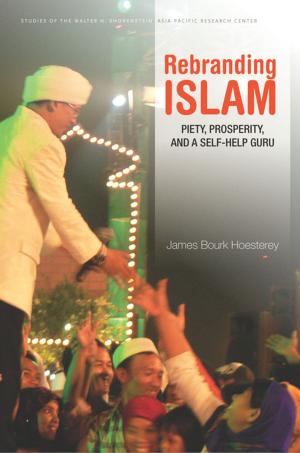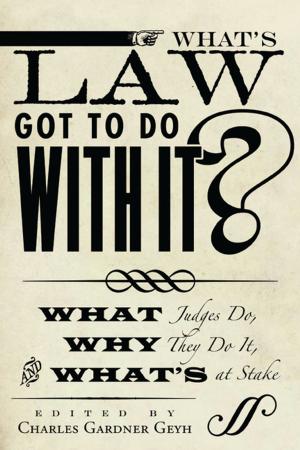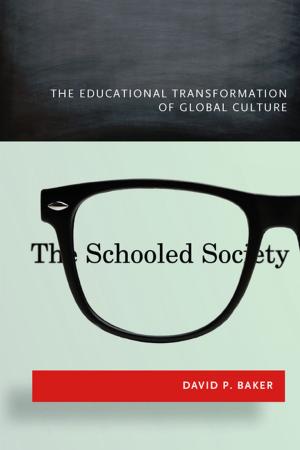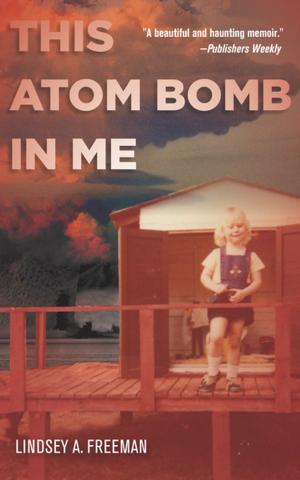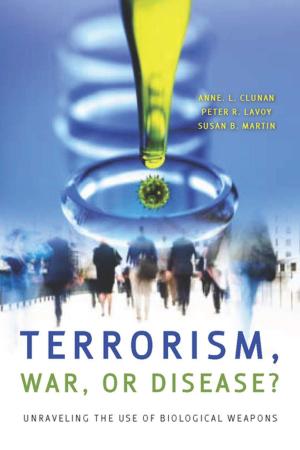Before the Shining Path
Politics in Rural Ayacucho, 1895-1980
Nonfiction, History, Americas, South America| Author: | Jaymie Heilman | ISBN: | 9780804775786 |
| Publisher: | Stanford University Press | Publication: | July 23, 2010 |
| Imprint: | Stanford University Press | Language: | English |
| Author: | Jaymie Heilman |
| ISBN: | 9780804775786 |
| Publisher: | Stanford University Press |
| Publication: | July 23, 2010 |
| Imprint: | Stanford University Press |
| Language: | English |
From 1980 to 1992, Maoist Shining Path rebels, Peruvian state forces, and Andean peasants waged a bitter civil war that left some 69,000 people dead. Using archival research and oral interviews, Before the Shining Path is the first long-term historical examination of the Shining Path's political, economic, and social antecedents in Ayacucho, the department where the Shining Path initiated its war. This study uncovers rural Ayacucho's vibrant but largely unstudied twentieth-century political history and contends that the Shining Path was the last and most extreme of a series of radical political movements that indigenous peasants pursued. The Shining Path's violence against rural indigenous populations exposed the tight hold of anti-Indian prejudice inside Peru, as rebels reproduced the same hatreds they aimed to defeat. But, this was nothing new. Heilman reveals that minute divides inside rural indigenous communities repeatedly led to violent conflict across the twentieth century.
From 1980 to 1992, Maoist Shining Path rebels, Peruvian state forces, and Andean peasants waged a bitter civil war that left some 69,000 people dead. Using archival research and oral interviews, Before the Shining Path is the first long-term historical examination of the Shining Path's political, economic, and social antecedents in Ayacucho, the department where the Shining Path initiated its war. This study uncovers rural Ayacucho's vibrant but largely unstudied twentieth-century political history and contends that the Shining Path was the last and most extreme of a series of radical political movements that indigenous peasants pursued. The Shining Path's violence against rural indigenous populations exposed the tight hold of anti-Indian prejudice inside Peru, as rebels reproduced the same hatreds they aimed to defeat. But, this was nothing new. Heilman reveals that minute divides inside rural indigenous communities repeatedly led to violent conflict across the twentieth century.

